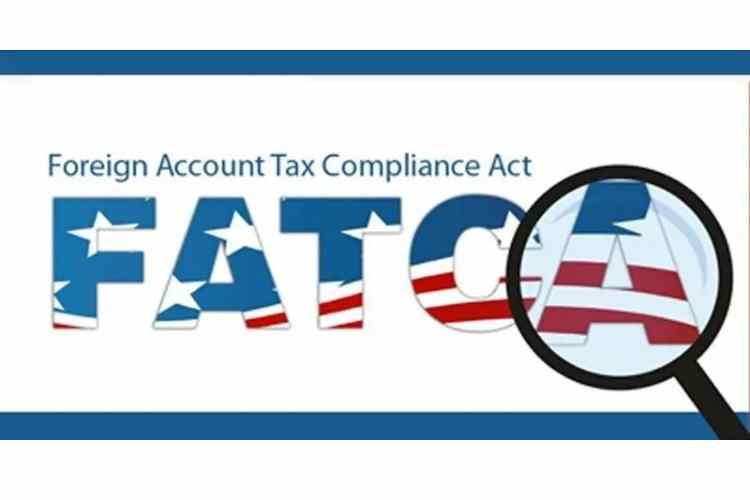If you’ve ever watched a movie about robbers or fraudsters, chances are at some point it referred to stashing cash away in an offshore account. It is often thought that rich people also manipulate the system by transferring money to foreign bank accounts in order to avoid paying the proper taxes.
Thanks to FATCA, these actions are mainly movie myths today. FATCA, an acronym for the Foreign Account Tax Compliance Act, was enacted in 2010 as part of the Hiring Incentives to Restore Employment (HIRE) Act. It sought to end this practice and cut down on potential tax evasion. It did this by making it a requirement that accounts in foreign financial institutions held by United States citizens must be reported to the federal government annually by the institution where the account is held.
This impacts the vast majority of more than 9 million American expats currently living across the world, as well as every U.S. citizen with offshore accounts, whether they live at home or abroad.
For many, FATCA is a complicated and often misunderstood requirement, especially because it seems to overlap with some other tax laws that have been in place for decades. To clear up the confusion, here are some common questions expats have about FATCA.
I already disclose these accounts with my Report of Foreign Bank and Financial Accounts (FBAR) filing. Does the FATCA still apply to me, too?
Yes, there are a few differences between the FATCA and FBAR. One basic difference is that the FATCA requires foreign banks to report your holdings too.
Second, a FATCA filing requirement, using Form 8938, is due with your tax return to the IRS. FBAR is filed separately through electronic submission to the Financial Crimes Enforcement Network.
The other main difference between FBAR and FATCA reporting is minimum reporting thresholds.
I don’t have much money in foreign accounts. What are the reporting thresholds?
U.S. citizens must have at least $10,000 in total in their foreign registered financial accounts must file an FBAR. For FATCA reporting, the minimum reporting threshold (again per taxpayer, not per account) is $50,000 for Americans living in the U.S., and $200,000 for Americans living abroad. The specific threshold amount is based on your specific circumstances, like being married or single, filing jointly, etc.
I’m just an ordinary citizen working overseas. Why does the U.S. government need this information about my bank accounts?
The IRS’ goal is to prevent tax evasion. In the past, some taxpayers have opened offshore accounts specifically to hide money from the IRS and so avoid paying U.S. taxes. By eliminating this loophole, the federal government is able to capture revenue owed to fund its budget objectives.
How will I know if my overseas financial institution is complying with U.S. tax law?
If you open an international bank account, the bank often asks for specific information, such as a birthdate, proof of citizenship and prior residency in other countries. This helps them identify accounts held by Americans that need to be reported under FATCA.
Are there consequences for not filing the FATCA?
Yes. The U.S. government takes tax evasion very seriously. Discrepancies can result steep fines and penalties. Consult a tax professional for further advice.


























